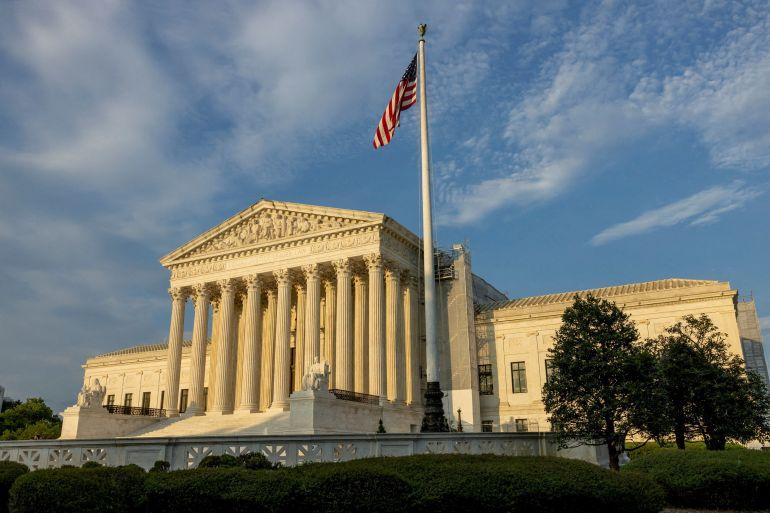Legal experts express concerns about the implications of the court's decision on presidential immunity for US global actions.
The decision by the US Supreme Court to extend presidential immunity has raised concerns among legal experts regarding its potential impact beyond the nation’s borders.
On Monday, the conservative majority of the court ruled that all "official acts" by a president, even those outside the core constitutional functions, would have "presumptive immunity" from prosecution.
This ruling could further bolster a culture of impunity for actions taken abroad, given the role of the president as the head of the military.
According to Samuel Moyn, a law and history professor at Yale University, the decision undermines the existing guardrails for governing US foreign policy.
The ruling stems from former President Donald Trump's claims of presidential immunity as he faced multiple criminal indictments.
Despite the broad immunity asserted by Trump, the court specified that any action considered an "official" part of the presidency could be shielded from criminal charges.
However, dissenting justices voiced concerns that this ruling could lead to unchecked executive powers, especially in foreign policy matters.
Justice Sonia Sotomayor highlighted the potential consequences of granting presidents extensive powers without sufficient legal constraints.
The Supreme Court's decision continues a trend of increasing executive authority over foreign affairs, gradually diminishing the role of Congress in shaping policies.
Although the US Constitution assigns both the president and Congress responsibilities in foreign policy, recent history shows a shift towards presidential dominance, particularly during national emergencies.
While efforts to oversee presidential actions have been sporadic, critics argue that past presidents have often skirted consequences for actions that could breach international and domestic laws.
The erosion of oversight over the White House's actions has been particularly notable post-9/11 attacks, leading to widespread military operations spanning numerous countries.
Critics point to instances of human rights abuses and extrajudicial actions taken in the name of national security as evidence of unchecked presidential powers.
Experts fear that the Court's ruling could embolden future presidents to wield increasing authoritarian powers, paving the way for potential abuse of executive authority.
Source: ALJAZEERA
ALJAZEERA MEDIA NETWORK
